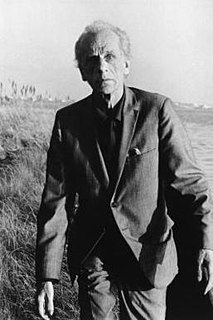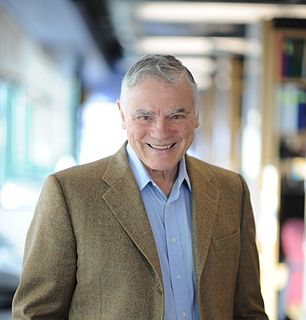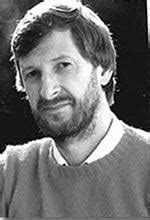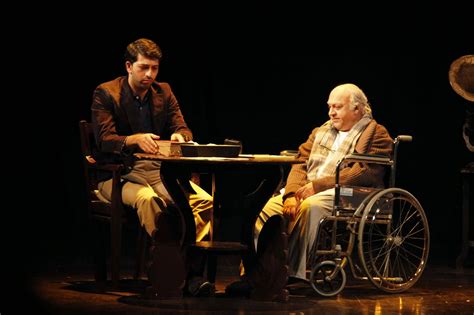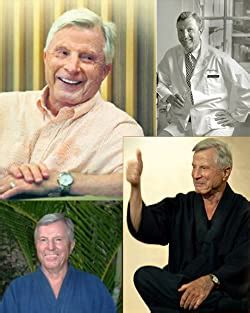A Quote by Joseph Cornell
Children understand and remember concepts best when they learn from direct personal experience.
Quote Topics
Related Quotes
Implanting spiritual ideas in children is very important. Many people live their entire lives according to the concepts that are implanted in them in childhood. When children learn they will get the most attention and love through doing constructive things, they will tend to stop doing destructive things. Most important of all, remember that children learn through example. No matter what you say it is what you do that will have an influence on them.
I eventually realized that direct experience is the most valuable experience I can have. Western man is so surrounded by ideas, so bombarded with opinions, concepts, and information structures of all sorts, that it becomes difficult to experience anything without the intervening filter of these structures.
Mysticism, according to its historical and psychological definitions, is the direct intuition or experience of God; and a mystic is a person who has, to a greater or less degree, such a direct experience -- one whose religion and life are centered, not merely on an accepted belief or practice, but on that which the person regards as first hand personal knowledge.
Children who are respected learn respect. Children who are cared for learn to care for those weaker than themselves. Children who are loved for what they are cannot learn intolerance. In an environment such as this, they will develop their own ideals, which can be nothing other than humane, since they grew out of the experience of love.
Our Children no longer learn how to read the great book of Nature from their own direct experience, or how to interact creatively with the seasonal transformations of the planet. They seldom learn where their water come from or where it goes. We no longer coordinate our human celebration with the great liturgy of the heavens.
Hedda Hopper was a better direct opponent to [Dalton] Trumbo. We wanted to use Trumbo's battles to represent the larger battles, so the audience could understand the personal sacrifice he went through and the personal damage to his family. The choices were about who were the best representations of his antagonists, which is why we chose as we did.
I say that creeds, dogmas, and theologies are inventions of the mind. It is the nature of the mind to make sense out of experience, to reduce the conglomerates of experience to units of comprehension which we call principles, or ideologies, or concepts. Religious experience is dynamic, fluid, effervescent, yeasty. But the mind can't handle these so it has to imprison religious experience in some way, get it bottled up. Then, when the experience quiets down, the mind draws a bead on it and extracts concepts, notions, dogmas, so that religious experience can make sense to the mind.
Karl Marx said, “The task is not just to understand the world but to change it.” A variant to keep in mind is that if you want to change the world you’d better try to understand it. That doesn’t mean listening to a talk or reading a book, though that’s helpful sometimes. You learn from participating. You learn from others. You learn from the people you’re trying to organize. We all have to gain the understanding and the experience to formulate and implement ideas.
Growing up in a place that has winter, you learn to avoid self-pity. Winter is not a personal experience, everybody else is just as cold as you, so you shouldn't complain about it too much. You learn this as a kid, coming home crying from the cold, and Mother looks down and says, 'It's only a little frostbite. You're okay.' And thus you learn to be okay. What's done is done. Get over it. Drink your coffee. It's not the best you'll ever get but it's good enough.
Direct experience is inherently too limited to form an adequate foundation either for theory or for application. At the best it produces an atmosphere that is of value in drying and hardening the structure of thought. The greater value of indirect experience lies in its greater variety and extent. History is universal experience, the experience not of another, but of many others under manifold conditions.
